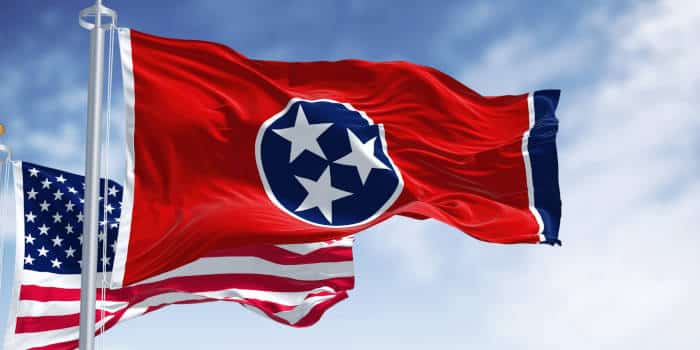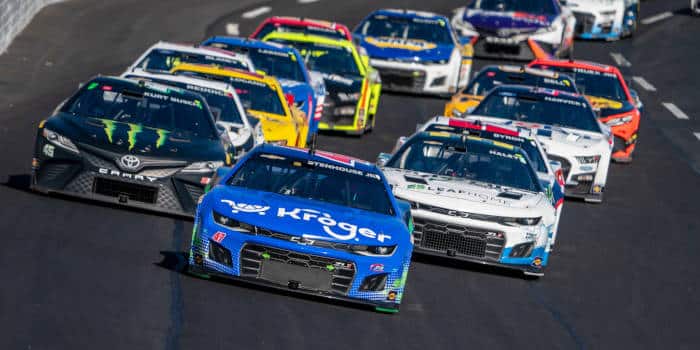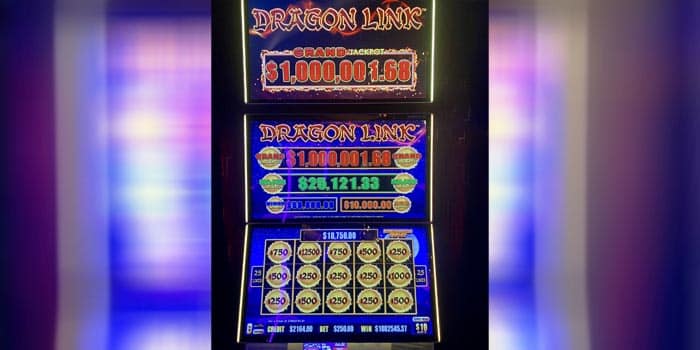- Casino
- By State
- Alabama
- Alaska
- Arizona
- Arkansas
- California
- Colorado
- Connecticut
- Delaware
- Georgia
- Florida
- Hawaii
- Idaho
- Illinois
- Indiana
- Iowa
- Kansas
- Kentucky
- Louisiana
- Maine
- Massachusetts
- Maryland
- Michigan
- Minnesota
- Mississippi
- Missouri
- Montana
- Nebraska
- Nevada
- New Hampshire
- New Jersey
- New Mexico
- New York
- North Carolina
- North Dakota
- Ohio
- Oklahoma
- Oregon
- Pennsylvania
- Rhode Island
- South Carolina
- South Dakota
- Tennessee
- Texas
- Utah
- Vermont
- Virginia
- Washington
- West Virginia
- Wisconsin
- Wyoming
- By State
- Slots
- Poker
- Sports
- Esports
CFTC to Rule on Elections Market Bets
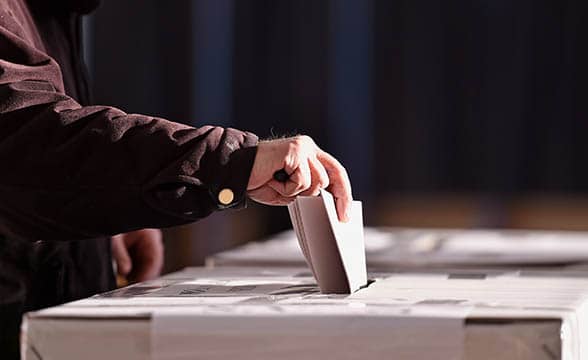
The Commodity Futures Trading Commission (CFTC), which is the primary derivatives regulator in the US, is expected to decide on a very important matter by the end of this week: should traders be allowed to place market bets on the upcoming elections in the country? Opposing voices have issued warnings regarding the risks associated with a favorable decision, should one be taken.
The Kalshi Decision
The commission has until Friday to decide whether to grant retail-focused futures market Kalshi the right to offer contracts for Democrats VS Republicans wagers. The wagers would, of course, focus on who will come out with flying colors out of the midterm battle. If Kalshi is given the green light, the historical decision would prepare the ground for important establishments ready to buy and sell on the results of the US election result.
Healthy Markets Association’s president Tyler Gellasch is one of the voices that oppose the idea. He argued that while financial products and gambling situations can be easily generated by “most events in the world,” the question of whether it is also a good idea to do it still remains. He also raised concerns over the idea of “market integrity and market manipulation.”
On the other hand, Kalshi’s co-founder and ex-quant dealer Tarek Mansour spoke about the company’s proposal as an effort to offer retail traders the same types of instruments that are normally used by institutional traders to obtain hedged publicity for the outcomes of elections. He further added that the risk from an election “is not just borne by big institutions, it is borne by everyone.”
A Long-Term Ban on US Elections
The US has banned betting on US elections for a long time. In 2012, the CFTC said NO to a similar proposal made by Nadex, a small derivates market, which was asking for futures for political events. The commission used the argument that the respective proposal was going against the curiosity of the general public.
Moreover, binary choices continue to be controversial topics for a number of global regulators. For example, they are outlawed in the UK, where they are considered “gambling products dressed up as financial instruments.” A similar argument was used by Dennis Kelleher, the president of Better Markets, a client monetary reform group in the US. In a letter addressing the CGTC, Kelleher spoke about Kalshi’s proposed contract as something that would add to the “deeply troubling trend toward the ‘gamification’ and ‘realization’ of finance.”
On the other hand, Kalshi’s co-founder Mansour argued that the buying and selling of futures should not be equated with a form of gambling. He spoke about the artificial risk in roulette and sports betting and explained that, in the futures market, that type of risk already exists in a natural way, suggesting that buying and selling futures would resemble insurance more than a type of gambling.
Related Topics:
After finishing her master's in publishing and writing, Melanie began her career as an online editor for a large gaming blog and has now transitioned over towards the iGaming industry. She helps to ensure that our news pieces are written to the highest standard possible under the guidance of senior management.
Must Read
More Articles






Poker
July 17, 2025
Michael Mizrachi Takes WSOP Main Event, Wins $10M
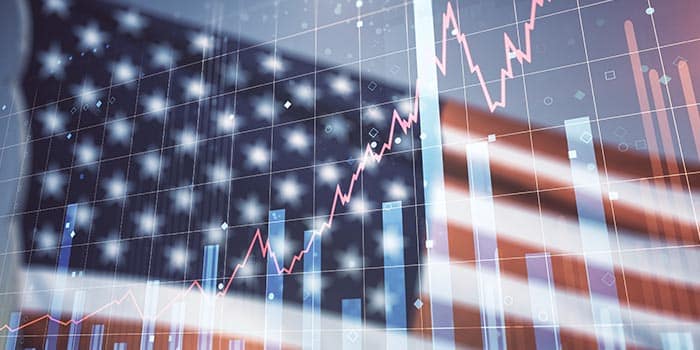
Industry
July 17, 2025
New Jersey Gaming Posts $581.6M in Revenue for June

Industry
July 16, 2025
Iowa Regulator Slams FanDuel with $125K in Fines

Casino
July 16, 2025
Strip Casinos End Cross-Property Poker Chip Cash-Ins

Casino
July 16, 2025
WWE Is Coming to Fanatics Online Casinos in the US





